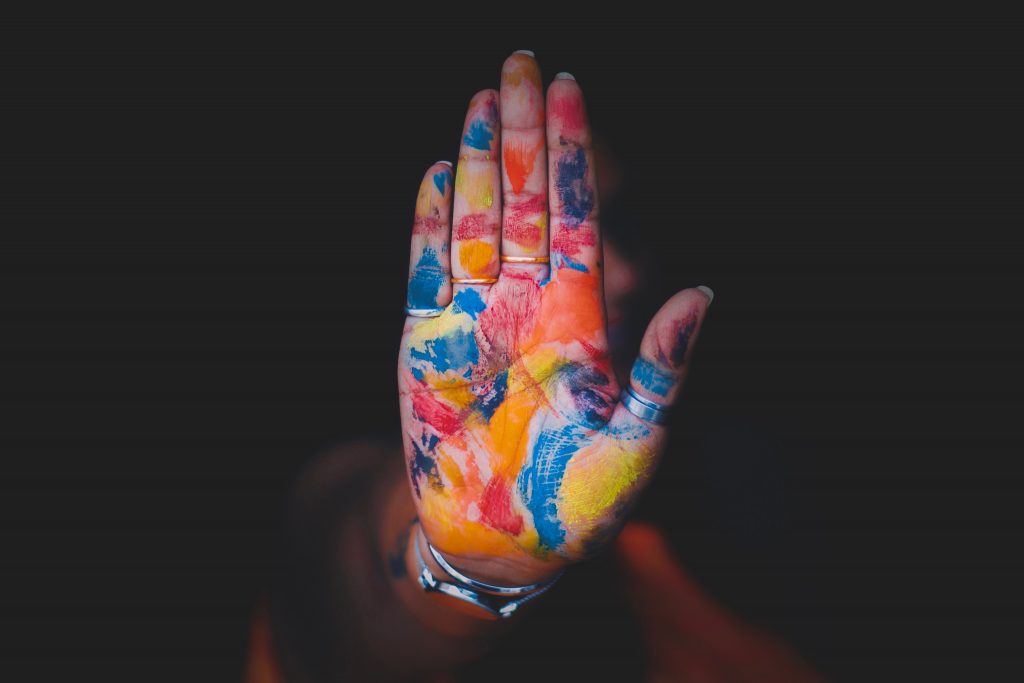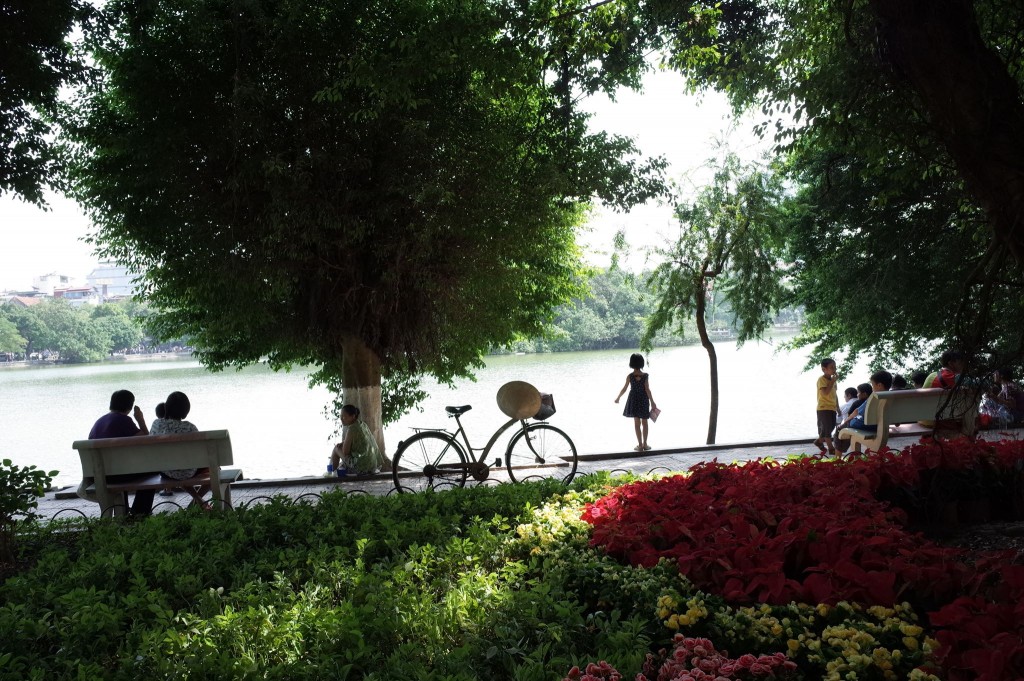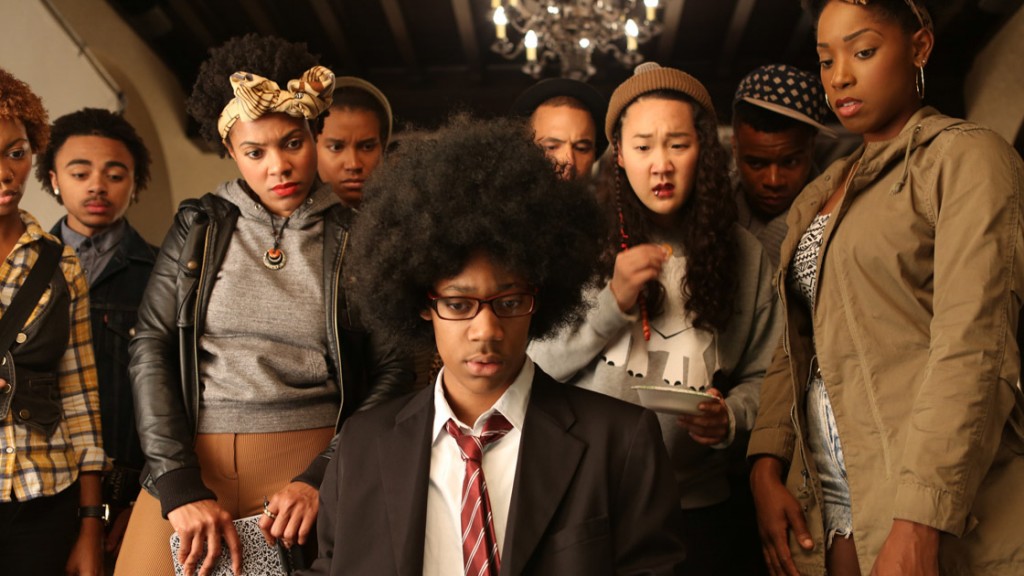By Rashida Murphy
Such a loaded term – cultural knowledge – coming as it does with its own set of expectations and hints of secrets. When I try to unpack it a little, I think about how knowledge differs from appropriation and what the keepers of cultural knowledge can do to protect themselves from stealth and theft. And the answer is – very little. We live in times of exchange and borrowings and slippages and it is hard to skid to a stop, metaphorically speaking, and say – ‘You have gone too far.’



